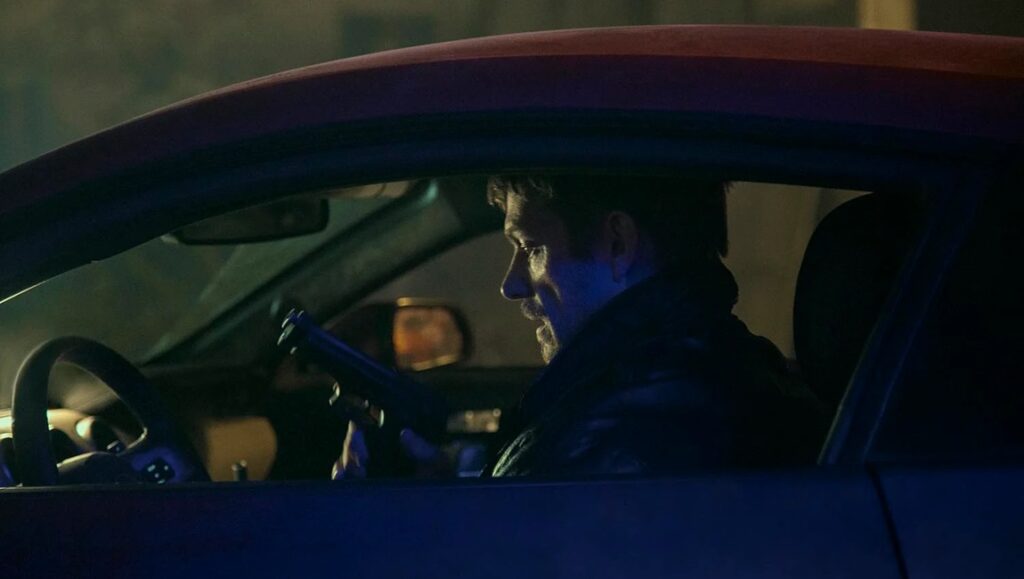John Woo is perhaps the greatest director of action films of the last 40 years; at the very least, the competition is quite slim. He revolutionized not merely the form, but the emotional stakes of his violence, frequently turning his movies — elemental tales of revenge, brotherhood, grief, and masculinity — into essential operas that became the most influential experiences in modern action filmmaking. His works didn’t generate the term “Heroic Bloodshed,” but they have gone on to embody that subgenre entirely. After his string of acknowledged Hong Kong masterpieces — most prominently but not at all limited to 1989’s The Killer, 1990’s Bullet in the Head, and 1992’s Hard Boiled, which some insist is the greatest action movie of all time — Hollywood came a-calling, and in America Woo created some of his most indelible imagery even while his melodrama tended to conflict with what Western audiences would accept or expect from the material.
Now, after 20 years away from American films, Woo is back with Silent Night, a film as narratively and thematically economical as anything he’s ever done. But while the emotional landscape he’s created is as unvarnished as ever and his formal vision remains unmistakable, the film around those strengths is disappointingly generic, littered with stereotypes instead of archetypes, and ultimately delivers very little of the fireworks that once changed cinema forever. Joel Kinneman is Brian, a regular-degular family man who’s seen adoringly wheeling his little boy around the front yard in a Christmas sweater when a stray bullet from a drive-by shooting, courtesy of some embarrassingly central-casting Latino gangbangers, splatters the kid all over the lawn. Brian spends the following year alienating his suffering wife and abdicating all other responsibilities as he wallows in grief and trains, in what amounts to a nearly hour-long montage, for an all-encompassing revenge he plans to execute on Christmas Eve. The gimmick, hence the Silent Night, is that the movie contains almost no spoken dialogue (save for a few overheard radio or TV broadcasts). On paper, this seems like the perfect trick for Woo. Sadly, the conceit never even gets off the ground, not because he’s unable to tell a story purely with faces and images — that seems like hardly a challenge for this particular auteur — but because the story he’s chosen is inescapably dull.
Woo’s action remains a genuine thrill. His style is absolutely unmistakable, a combination of repeated takes from ever so slightly different angles, blisteringly fast cuts from regular speed to slow motion and back again, and, of course, big fat bloody squibs. Though people will no doubt compare it to the descendants of Woo’s aesthetic — specifically, the terrific Johns Wick — this is an entirely different stylistic beast, one that deploys far more (and far more specific) cuts than the Wick movies’ longer, more patient takes. And Woo has also synthesized some of the very tactics he helped create; Silent Night’s best sequence by far is a long, fake one-take assault up a staircase. But after an hour of weight-lifting and YouTube lessons on knife-fighting, the last 20 minutes or so of action here is simply too little too late.
It’s important to point out that the thematic aim here is not some simple revenge film; Woo is far too devout and his violence almost always is deployed to create a moral order. Here, the thrust is the complete destruction of Brian’s soul and the collateral damage that surrounds his quest for vengeance. The spirit of that goal is admirable and intentional, but the film lacks a roughness or indeed the punishing nihilism of Woo’s angriest works — comparisons you might hear between this and Bullet in the Head, just for instance, are completely unfounded. This is missing a righteous fire, a raw emotion that gets twisted inside the viewer and their own desire to see Brian get what he thinks he needs. That’s never in doubt here, and it robs the movie of momentum, both emotional and narrative.
DIRECTOR: Silent Night; CAST: Joel Kinnaman, Scott Mescudi, Catalina Sandino Moreno, Harold Torres; DISTRIBUTOR: Lionsgate; IN THEATERS: December 1; RUNTIME: 1 hr. 43 min.


Comments are closed.